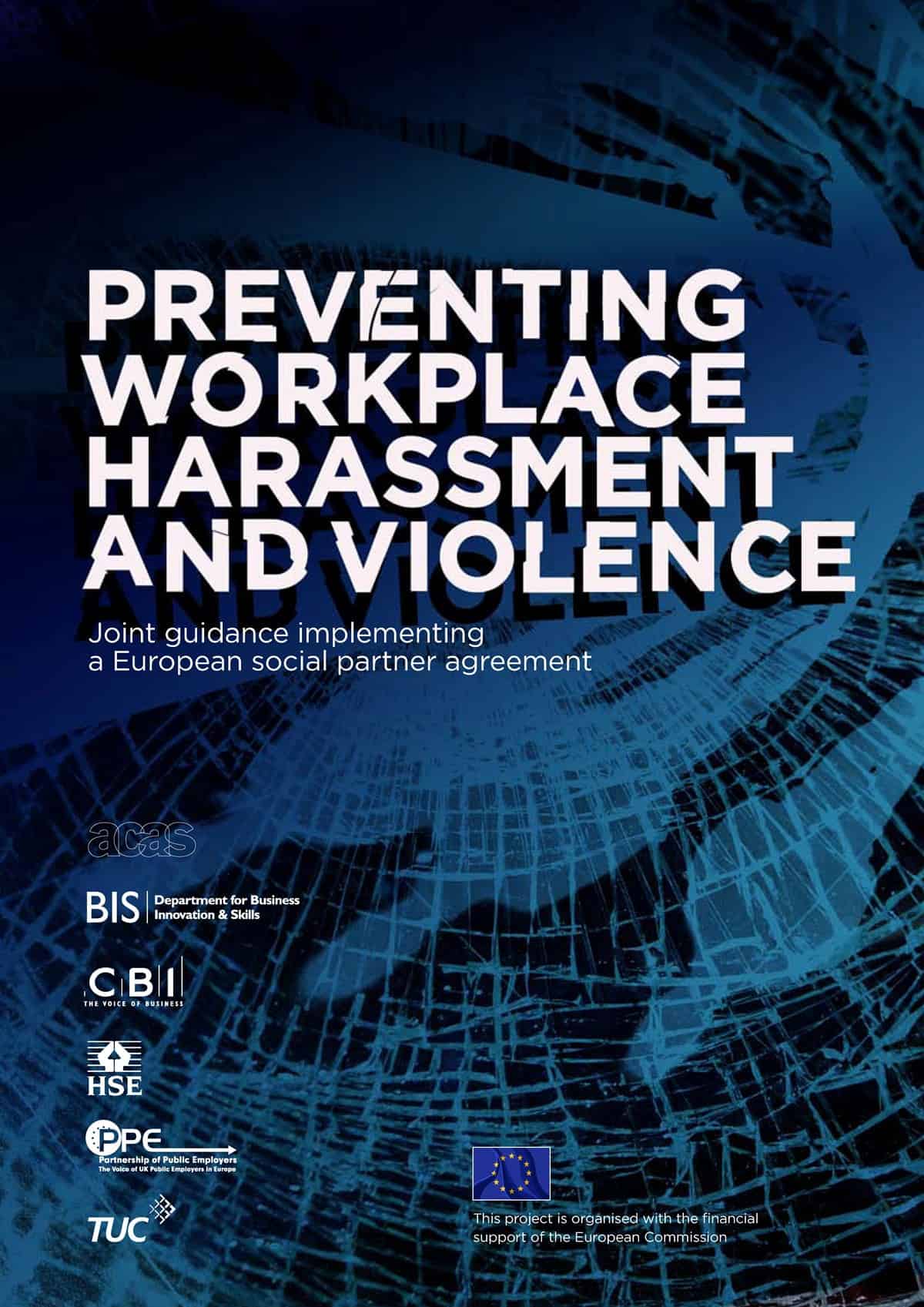On 26 January 2010, a fascinating document was released from England concerning workplace harassment and violence. This builds on earlier work in Europe and has led to the joint guidance on “Preventing Workplace Harassment and Violence“.
 The guidance has the demonstrated support of employer, employee and government representatives who have committed to
The guidance has the demonstrated support of employer, employee and government representatives who have committed to
“…ensuring that the risks of encountering harassment and violence whilst at work are assessed, prevented or controlled.”
Significantly they also state
“We will implement our agreement and review its operation.”
Continue reading “Dignity At Work, different UK and Australian approaches”

 The study in the
The study in the